People
Team Lead
Dr. Heather Kharouba
University Research Chair in Global Change Ecology
Associate Professor
Department of Biology
Academic Experience
NSERC Postdoctoral Fellow
Center for Population Biology Postdoctoral Fellow, UC Davis
Education
PhD, University of British Columbia
MSc, University of Ottawa
BSc, University of Ottawa
Post Doctoral Fellows
Dr. Jens Ulrich
Postdoctoral researcher (2025-)
ujens@uottawa.ca
https://jensculrich.github.io/
Jens is interested in understanding how to design and manage habitats and landscapes that support long-term insect biodiversity conservation. His current postdoctoral research will use computational/theoretical approaches to determine how species interaction network structure and species trait diversity affect ecosystem resilience to climate change.
Grad students
Laura Aleta Bell
PhD student (2025-)
lbell044@uottawa.ca
Laura is interested in understanding how environmental stress affects species interactions. Her research aims to inform conservation practices to create resilient ecological communities. She will be conducting field research to study how drought impacts insect and plant recovery in meadow restoration and the role of introduced species in community resilience.
Olivia Demetrakopoulos
MSc student (2025-)
odeme069@uottawa.ca
Olivia is interested in the ecological impacts of climate change, particularly in the context of phenology and plant-pollinator interactions. Her research focuses on how climatic extremes affect seasonal nectar availability for pollinators, and the physiological consequences of these changes on monarch butterflies.
Jenna Boomhower
MSc student (2025-)
jboom073@uottawa.ca
Jenna is interested in the role of introduced plants in the diet of monarch butterflies. Her field research involves monarch feeding trials to determine the nectar quality of different wildflowers. The purpose of her research is to inform best practices in restoration efforts that will contribute to the conservation of monarch butterflies.
Lily Charles
MSc student (2024-)
Co-supervised by Dr. Greg Mitchell at Environment and Climate Change Canada
lchar061@uottawa.ca
Lily is interested in conservation research that has a broad impact. Her research is taking place within former agricultural properties in Norfolk County that have been restored to grassland habitats by the Nature Conservancy of Canada. She is looking to understand the use of different nectar resources by monarchs (Danaus plexippus) and other butterflies, as well as exploring other restoration decisions on pollinator recovery.
Nicole Kester
MSc student (2024-)
Co-supervised by Dr. Tyler Smith at Agriculture and Agri-Food Canada
nkest080@uottawa.ca
Nicole is interested in invasive species and understanding the patterns of their spread. She is expanding her Honours project and is quantifying niche shifts for over 250 species of invasive plants in North America, which will help inform predictions about the future distributions of these species in their introduced ranges.
Honours students
Astra Vainio-Mattila
Honours student (2025-2026)
Astra is interested in the relationships between organisms and their environment, and is studying the changes in butterfly behaviour in a warming experiment. Using cameras to record monarch butterflies (Danaus plexippus), they hope to find out if there is a difference in thermoregulatory and feeding behaviours in butterflies due to warmer conditions.
Jordan-Anne Rich
Honours student (2025-2026)
Jordan-Anne is researching how warming impacts floral pigmentation. Pollinators often locate food sources through the UV-markings found on flowers. These markings, however, may change as a result of global warming. Using UV-photography, Jordan-Anne is comparing two flower treatments - one warming and one control - to help better understand this phenomenon.
Lab alumni
Gallery
Lab group in September 2021.
Lab group in September 2022. Missing from picture: Nico, Marianne, Sarah B., and HK
Lab group in May 2025. Missing from picture: Anna.
Lab group in December 2020. COVID times!
Lab group in December 2019. Missing from picture: Sam B, Emma, and Megan.
Sharla's post-MSc defense get-together in June 2021.
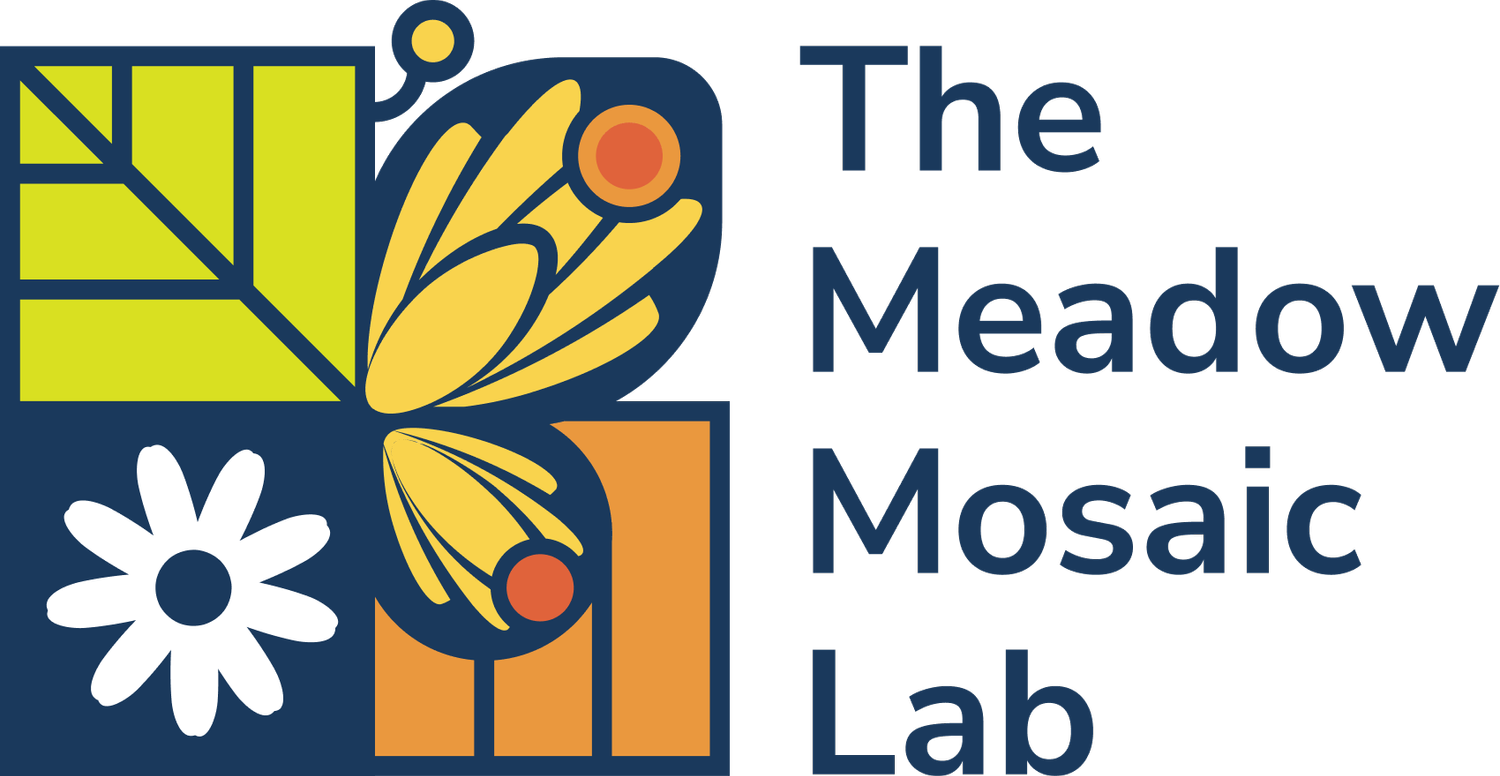
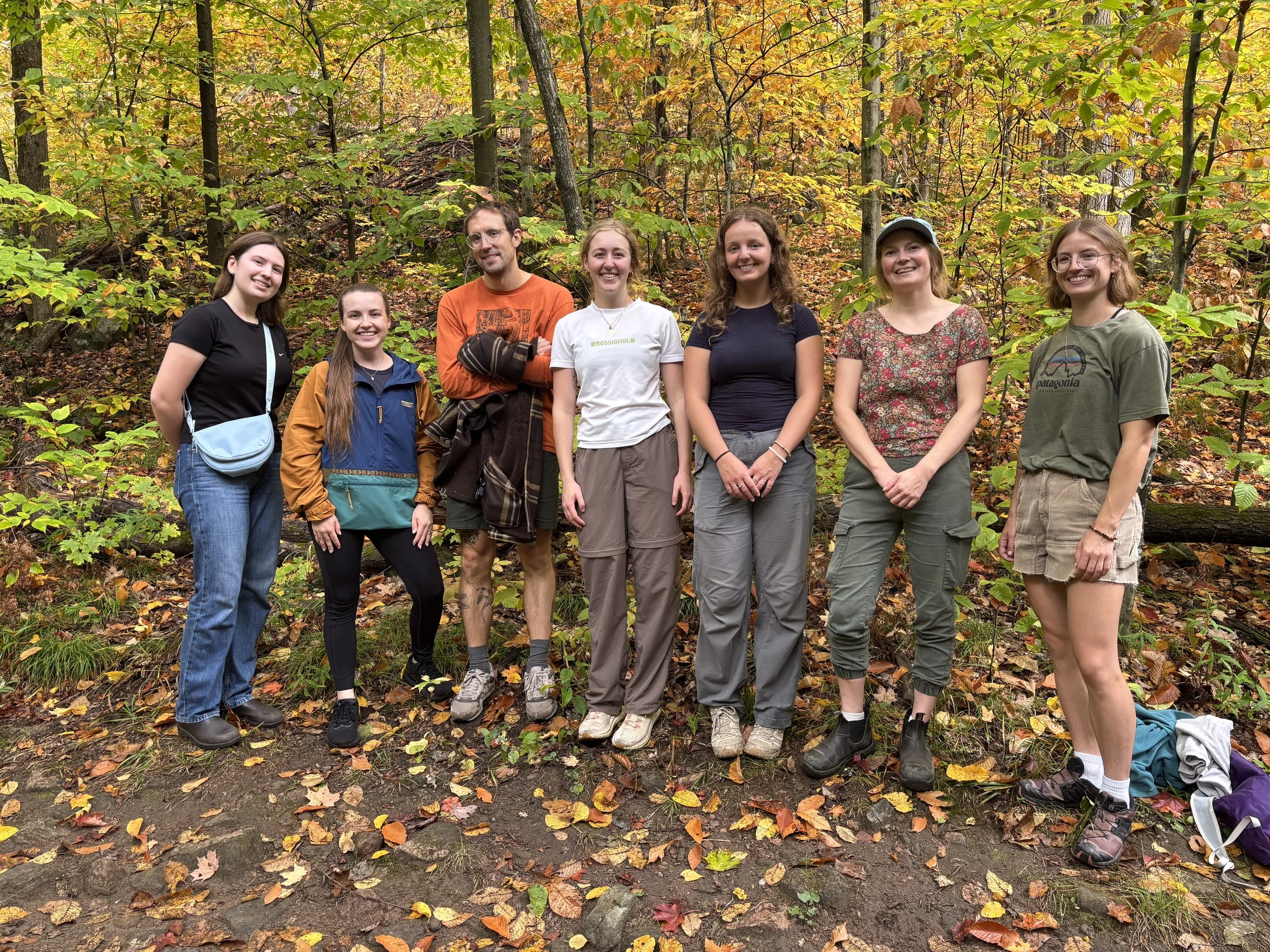


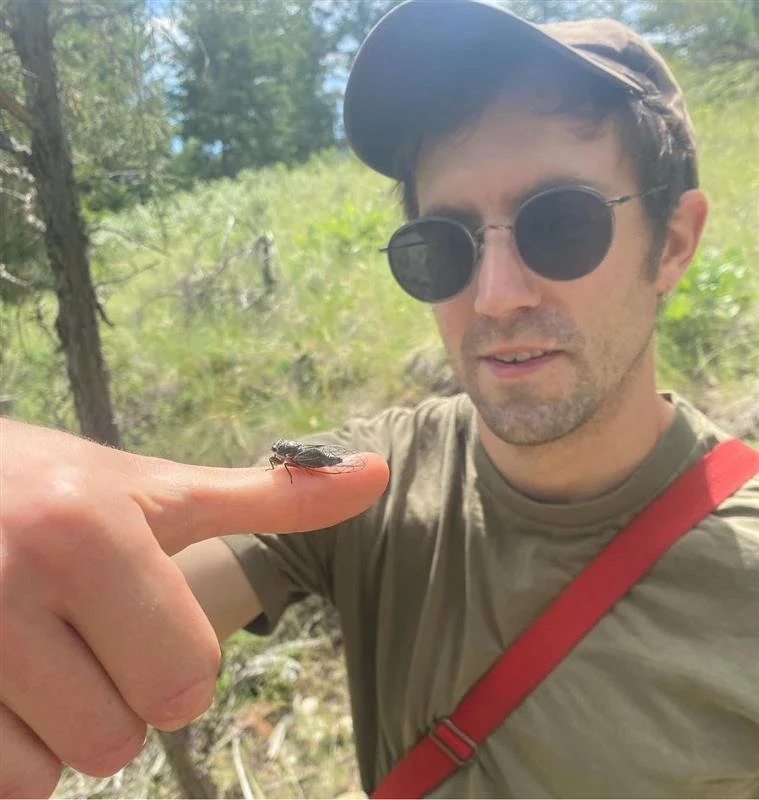
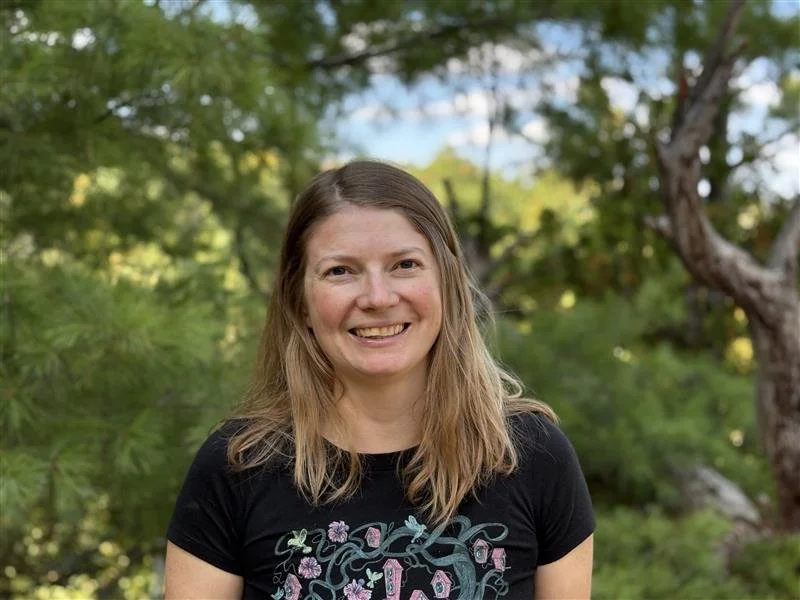
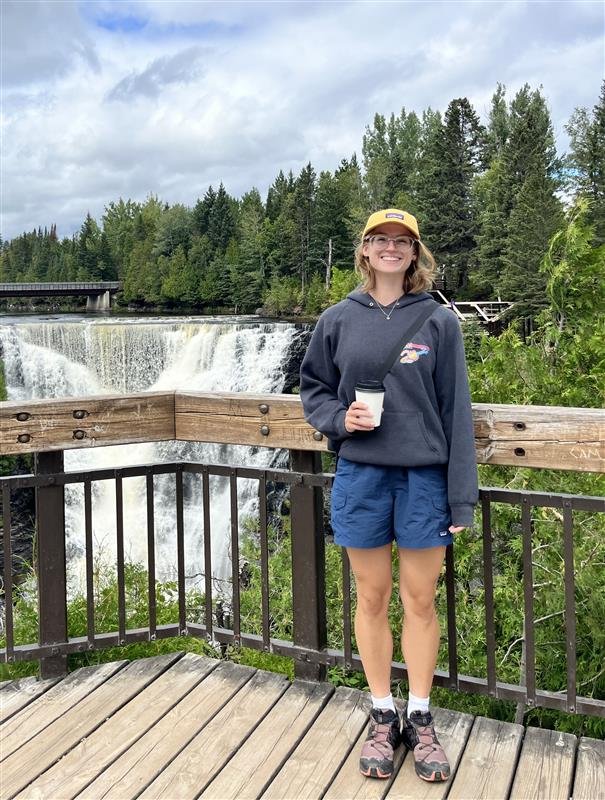

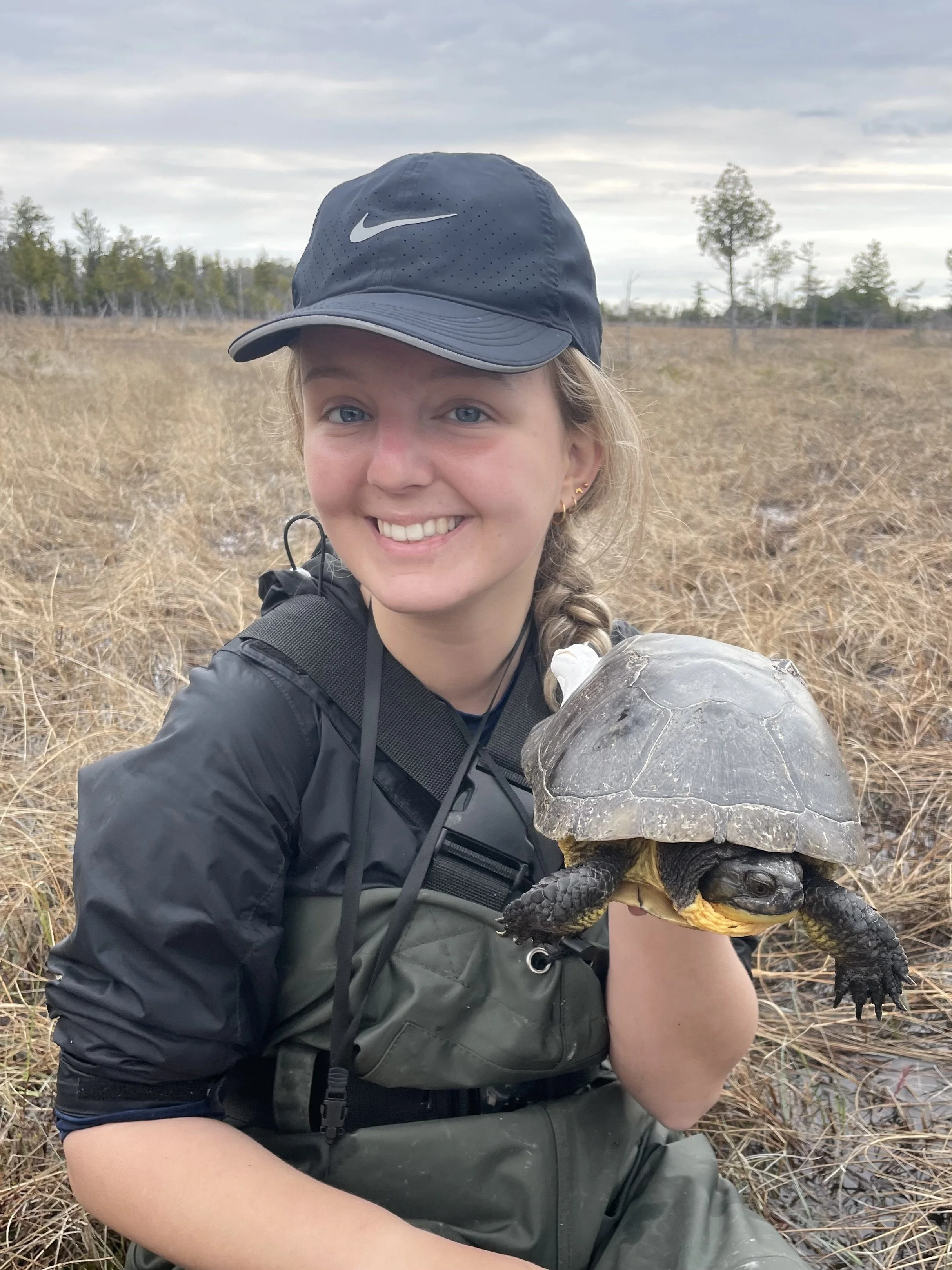
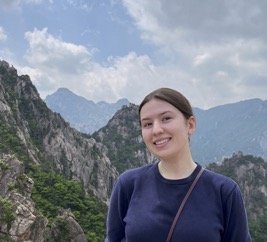
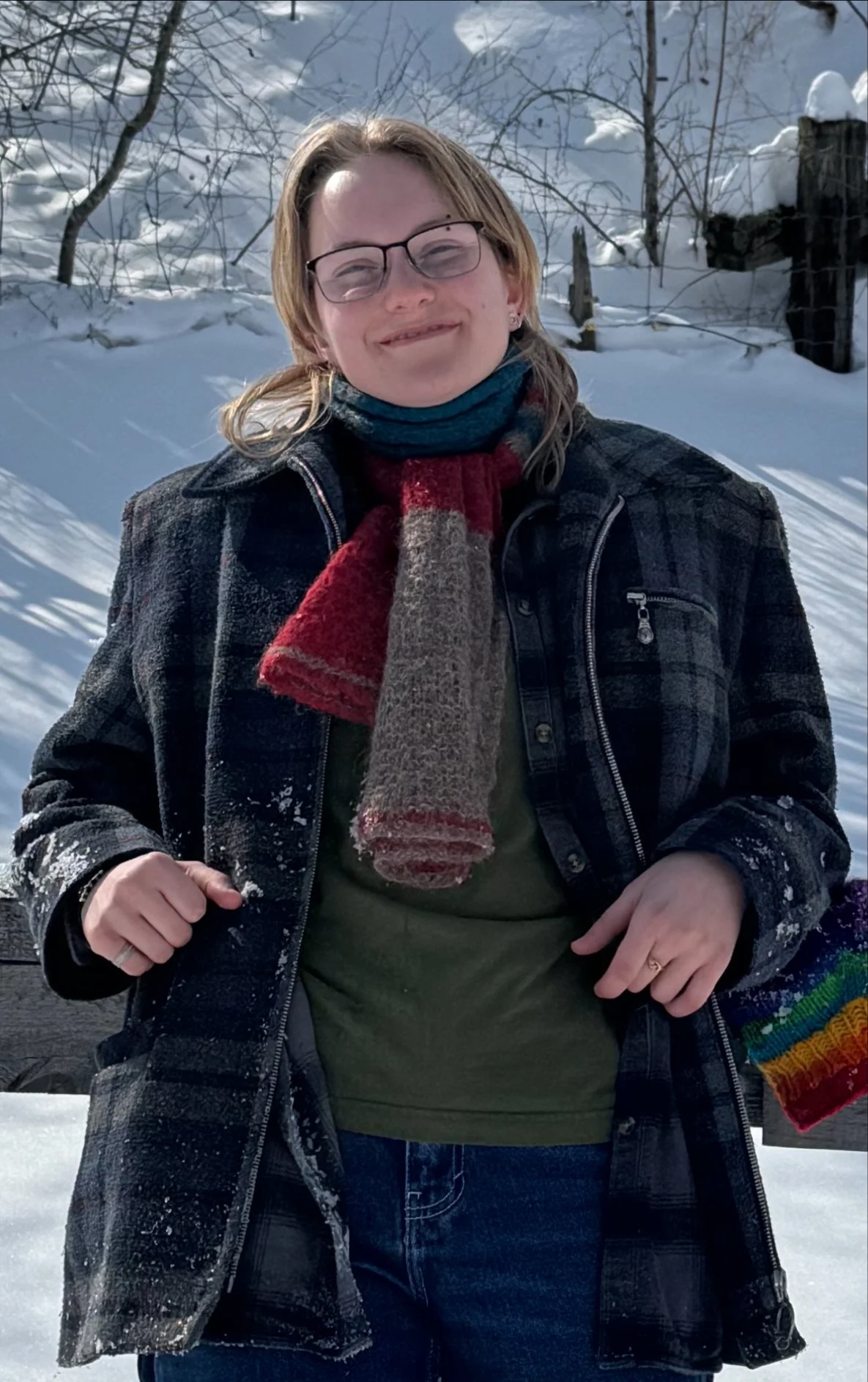
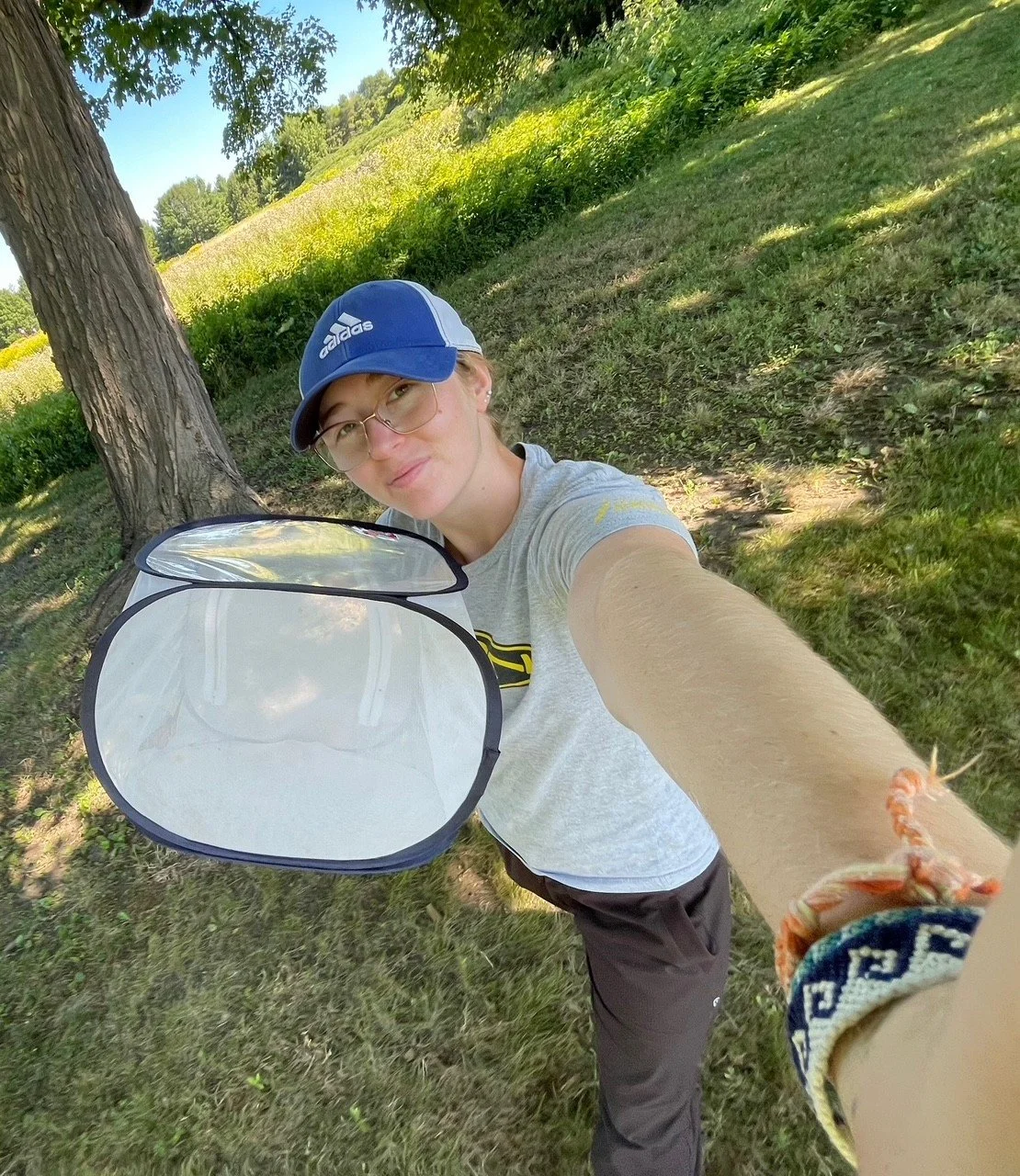
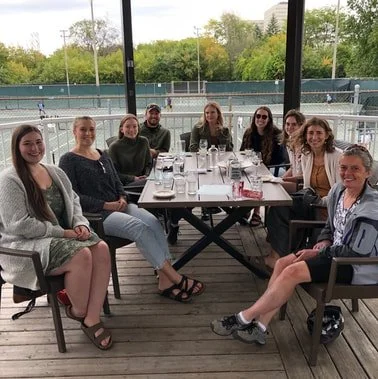
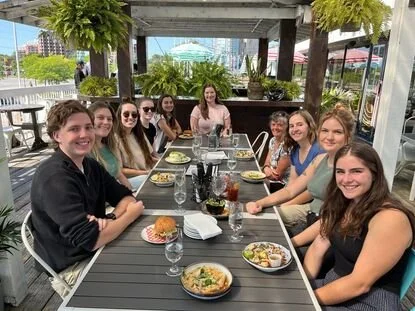
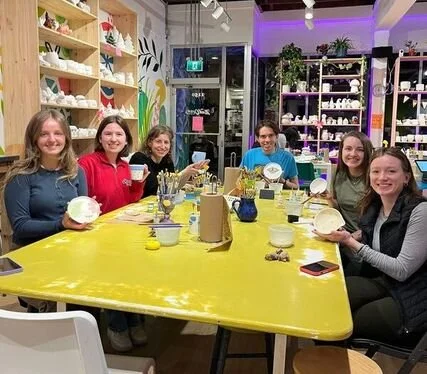
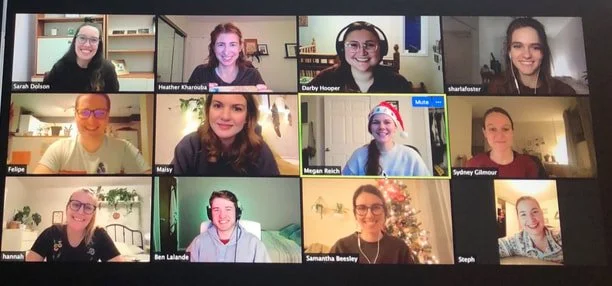
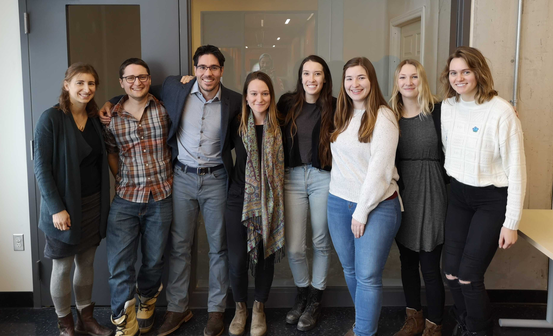
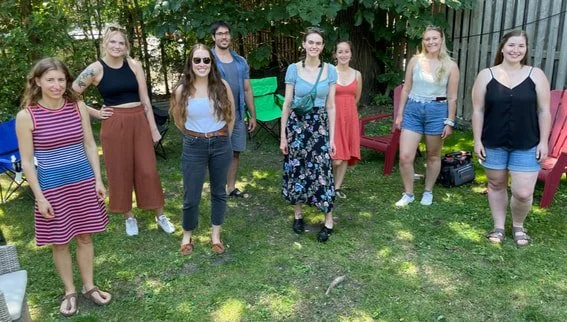
Artist-in-Residence (2023-2025)
Exhibition that resulted from residency with the lab.
MSc student (2022-2025)
Co-supervised by Dr. Greg Mitchell at Environment and Climate Change Canada
Experimental identification of high-reward nectar plants for the monarch butterfly (Danaus plexippus)
Honours student (2024-2025)
Applying community science data to elucidate the spatial distribution of phytoplasma disease in common milkweed (Asclepias syriaca)
Honours Student (2024-2025)
Thesis: Effects of warming on common milkweed (Asclepias syriaca) do not impact monarch larval development
(Danaus plexippus)
MSc student (2022-2024)
Co-supervised by Dr. Tyler Smith at Agriculture and Agri-Food Canada
Thesis: Using key functional traits to explain variation in rates of spread among invasive plants in North America.
MSc student (2022-2024)
Thesis: Habitat restoration in a changing world: Determining the indirect effects of waring on monarch butterflies (Danaus plexippus) as mediated by changes in nectar quality.
PhD student (2019-2024)
Thesis: The influence of spatiotemporal climate variation on insect species richness and traits
Honours student (2022-2023)
Jenna's project evaluated the nutritional role of non-native plants in the nectar diet of monarch butterflies.
Honours student (2022-2023)
Co-supervised by Dr. Tyler Smith at Agriculture and Agri-Food Canada
Nicole developed current and future species distribution models for dog-strangling vine (Vincetoxicum rossicum) to evaluate its potential range across North America, and how this range could change in response to different climate scenarios.
Mitacs Postdoctoral Fellow (2021-2023) with the Canadian Museum of Nature and UBC zpanche2[at]uottawa.ca
Zoe's project used herbarium specimens to investigate the evolutionary and life history trait patterns in Arctic plant phenological responses to climate change.
Postdoctoral Fellow (2022-2023)
Co-supervised with Dr. Ilona Naujokaitis-Lewis (Environment and Climate Change Canada) and Dr. Christina Davy (Carleton University).
Nico investigated the importance of microrefugia and the potential for microclimatic buffers against climate change to be integrated within networks of protected areas.
Co-supervised by Nico Munoz
Honours student (2022-2023)
Thesis: Identifying potential sites of forest microrefugia for Ontario's terrestrial species at risk.
Co-supervised by Zoe Panchen
Honours student (2022-2023)
Thesis: Temporal and spatial variations in the flowering times of Arctic Ranunculaceae species.
Honours student (2022-2023)
Thesis: The role of non-native plants in the nectar diet of a native butterfly community.
MSc student (2020-2023)
Co-supervised by Tyler Smith at Agriculture and Agri-Food Canada
Thesis: Using invasion history to quantify equilibrium in over 250 invasive plant species in North America.
PhD student (2016-2022)
Thesis: Non-native species and urbanization in the context of butterfly communities.
MSc student (2020-2022)
Thesis: The role of growing degree-days in explaining Lepidoptera species distributions at broad scales.
Honours student 2021-2022
Thesis: Body size responses to climate change of two butterfly species in Southern England.
Honours student 2021-2022
Thesis: The impact of experimental warming on the growth and development of the monarch butterfly (Danaus plexippus) and common milkweed (Asclepias syriaca).
NSERC Banting Fellow (2018-2020)
Felipe worked on how land-use changes influence the diversity of arthropod communities living on milkweed, and how this, in turn, affects monarch butterfly infections with a protist parasite (Ophryocystis elektroscirrha). He is now a postdoc with Clément Bataille. For more info, see Felipe's personal webpage
MSc candidate (2018-2021)
Co-supervised by Tyler Smith (Agriculture Canada)
Thesis: Quantifying the expansion of an invasive plant species, Dog-strangling Vine (Vincetoxicum rossicum), in environmental and geographic space over the past 130 years.
MSc student (2018-2021)
Thesis: The effect of common milkweed (Asclepias syriaca) quality on monarch butterfly (Danaus plexippus) oviposition preference and larval performance.
MSc in Environmental Sustainability (2019-2021)
Thesis: Is climate change a threat to Canadian Species at Risk? A case study on the threat of climate change to Atlantic Canadian Species at Risk.
Honours student 2020-2021
Thesis: The effect of urbanization on butterfly communities around Ottawa, ON & Montreal, QC.
Honours student 2020-2021
Thesis: The impact of disturbance-tolerant plants on the diversity of arthropod communities across an urbanization gradient.
MSc student (2017-2019)
Thesis: The role of cold tolerance in the geographic distribution of the Giant Swallowtail butterfly (Papilio cresphontes).
Honours student (2018-2019)
Thesis: Quantifying roadside decline and the effects of anthropogenic disturbance on common milkweed in the Ottawa region.
Honours student (2017-2018)
Thesis: A study of the key factors influencing the growth and geographic distribution of Zanthoxylum americanum.